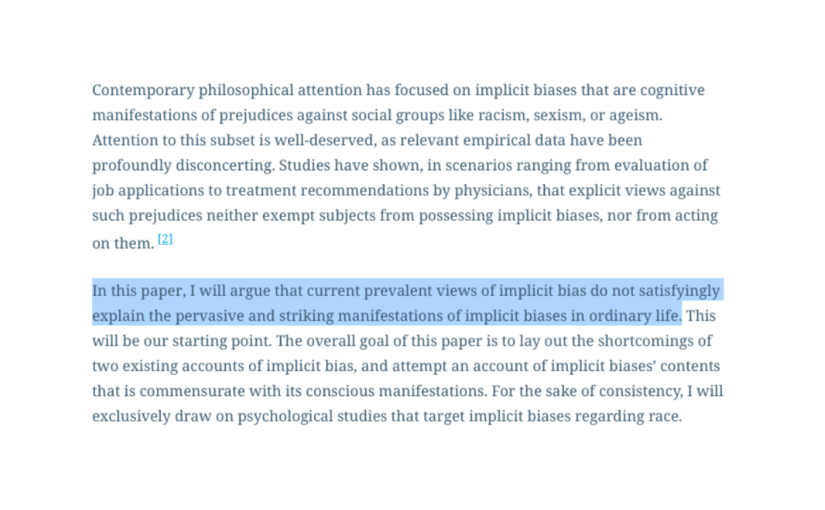Bertram Gawronski
Professor, David Wechsler Regents Chair in Psychology
University of Texas at Austin
Abstract. Research on moral dilemma judgments has been fundamentally shaped by the distinction between utilitarianism and deontology. According to the principle of utilitarianism, the moral status of behavioral options depends on their consequences; the principle of deontology states that the moral status of behavioral options depends on their consistency with moral norms. To identify the processes underlying utilitarian and deontological judgments, researchers have investigated responses to moral dilemmas that pit one principle against the other (e.g., trolley problem). However, the conceptual meaning of responses in this paradigm is ambiguous, because the central aspects of utilitarianism and deontology—consequences and norms—are not manipulated. We illustrate how this shortcoming undermines theoretical interpretations of empirical findings and describe an alternative approach that resolves the ambiguities of the traditional paradigm. Expanding on this approach, we present a multinomial model that allows researchers to quantify sensitivity to consequences (C), sensitivity to moral norms (N), and general preference for inaction versus action irrespective of consequences and norms (I) in responses to moral dilemmas. We present 8 studies that used this model to investigate the effects of gender, cognitive load, question framing, and psychopathy on moral dilemma judgments. The findings obtained with the proposed CNI model offer more nuanced insights into the determinants of moral dilemma judgments, calling for a reassessment of dominant theoretical assumptions.

